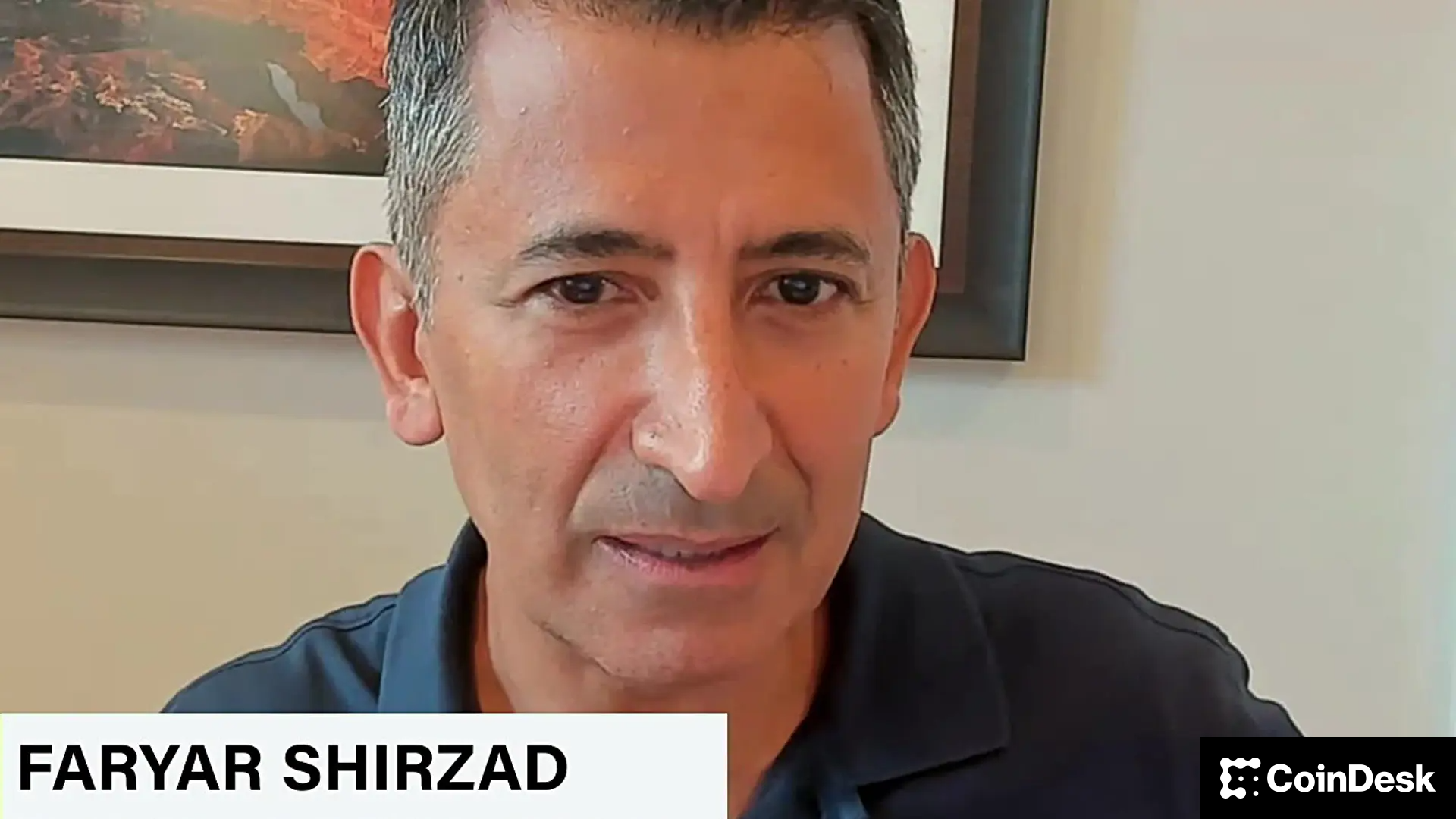By Scotsman Letters
Copyright scotsman

The Labour party’s idea of a digital ID card seems to be being met predominantly by resistance and discomfort. I will add mine to this. Unlike many who fear that this will lead to services being withdrawn by the government for dissenters, I fear that it will lead to our data being stolen. Recent examples of corporate hacking show that Jaguar Land Rover, Marks & Spencer and even a nursery chain have been targeted. I am sure that they have very stringent IT security but if the Pentagon can be hacked into, any system can be. Culture Secretary Lisa Nandy states the introduction of digital ID cards is an “important measure” to “help us tackle the illegal economy”. Perhaps instead of introducing a system which impacts on all of us and can put our data at risk, the government should be tackling the companies that employ illegal immigrants. In July of this year, the Home Office and food delivery companies reached an agreement on sanctions for delivery drivers who share their accounts with those with no right to work in the UK. This seems a sensible measure, tackling the two groups who are abusing the system. Digital ID for all would put the private information of law-abiding citizens at risk of being stolen and would punish the many for the sins of the few. Jane Lax, Aberlour, Moray Sooner the better I am at a total loss to understand the anger over the possible introduction of identity cards in the UK. Not at the predictable squeals raised by nationalist elements in Scotland over the possibility of the Union flag being on the card – that is a matter of course. We went though much the same infantile embarrassment over a certain brand of caramel wafers. But overall, this is surely a win-win. We can keep tabs on illegal immigrants, and perhaps more importantly, on sex offenders, paedophiles and criminals of every kind. All major European countries have IDs of one sort or another. The only people that need fear are law-breakers. Get it going as soon as possible. It is not before time. Alexander McKay, Edinburgh Orwell revisited I can see no good reason for the introduction of digital ID. The only explicit reason given by Keir Starmer is dealing with illegal immigrants. Once again, Reform UK are setting the agenda. Tony Blair’s government tried to introduce ID back in the 2000s, only to provoke an outcry from the public. A cynical public will almost certainly provide the same outcome now. The authorities surely have more than enough means already to pry into our private lives. The danger is that such information will be abused, rather than used. Winston Smith is a prime victim in George Orwell’s 1984, which remains prescient in 2025. Ian Petrie, Edinburgh Cards on the table John Swinney says he is “opposed to mandatory digital ID” and that the proposed “BritCard” would “force Scots to declare ourselves British”. Is this the same John Swinney whose government introduced the “Young Scot” card for youngsters resident in Scotland regardless of origin and nationality? Admittedly they are not compulsory but instead offer entitlement to free bus travel, discounts and rewards on various products and services and serve as proof of identity when opening bank accounts and for voting in general elections. As head of a party so keen on self-identify, it could be interpreted as a taxpayer-funded inducement to get young people to identify as Scots. Mark Openshaw, Cults, Aberdeen Digital services In 2004, while working with the OECD, I had my first visit to Ukraine. It was memorable for many reasons: the Orange Revolution for one. Another was the discovery of Ukrainian strengths in banking software. So, my ears pricked up this week when listening to a radio feature which updated my Ukrainian software story. In just six years, and while at war, Ukraine has risen from 102nd to fifth in the world in digital public services. Remarkable! Ukraine’s “Diia” platform is known as the “the state on a smartphone’. Diia is used by 70 per cent of Ukrainian smartphone users (30 million people). Launched in 2019, it offers 65 services on an app and 150 services via the main portal. These include digital passports, student IDs, driver licences, vehicle registrations, business registrations, tax and insurance, social benefits, property management services, civil weddings online etc. Diia also helps war-displaced people find housing, and to access repair funding for war-damaged property. While sheltering from air raids, children can continue their education via the app, and Ukrainian citizens in occupied areas are enabled to stay in touch with their legitimate government. Diia saves the government billions of hryvnia a year: independent estimates reckon this could add around 1.3 per cent annually to Ukrainian GDP over the next decade. With an economy giving her little growth, hamstrung by her own fiscal rules, hemmed in by her backbenchers and with an electoral commitment of no tax increases on working people, what Rachel Reeves would give for those transformative GDP figures! It’s one thing to “go digital” under conditions of war. Another during peacetime: witness the gut reaction to the announced planned introduction of a digital ID by the government. Sadly, the chances of repeating the Ukrainian trick in our bloated and resource-sapping public services remains remote, at least in the near future. Ewen Peters, Newton Mearns, East Renfrewshire Direct democracy While pure direct democracy on the scale and form of ancient Athens is clearly impractical in a modern context, elements of it are currently used in several countries, for example, Switzerland and certain US states. The need for some fundamental change to our present form of democracy in the direction of more direct citizen decision-making has been brought into stark reality by Brexit, illegal Channel immigration, assisted dying and now by the Prime Minister’s “BritCard”. These are areas where politicians and clerics are clearly at variance with the public. Politicians need to be better in tune with the views of the electorate. We now have the ability, via an instant electronic consultation system, whereby proposed government bills would be posted publicly and citizens have the right, duty and ability to vote on each and every one before the bills are discussed in Parliament. The results of this consultation would be made public. Politicians would know exactly where the public stands on current issues. Doug Clarke, Currie, Midlothian Not our problem A great amount of newsprint has been and continues to be devoted to the Middle East and, particularly of late, the recognition by the UK and other countries of a Palestinian state. However, what I have not seen is any explanation of why our minor country should be involved in an area where we no longer have economic interests and where we surrendered any formal involvement in the 1940s as we came under constant attack from Zionist terrorist organisations. As far as I can make out, from the dawn of time sundry mutually antagonistic tribes have been wandering about in the area while cities, states and empires have come and gone, as have assorted religions and sects The UK is in economic difficulties and political turmoil. It is also involved to some extent in a hot war in Eastern Europe and faces other threats to its security in that continent. It seems clear to me that we should leave the peoples of the Middle East to their own devices and concentrate our relatively puny resources on our domestic and European problems. S Beck, Edinburgh Justified protest The “Unite the Kingdom” march was an expression of popular concern attended by well north of 150,000 people, despite the low police estimate of numbers. Despite being largely trouble-free, Chris Birt and Peter Kelly suggest (Scotsman, 26 September) that it was “far right”. Tommy Robinson – as he does – tried to turn it to his political advantage and failed. Parents took their children there and it was an occasion to express the concern many (most?) people in much of England feel about the uncontrolled immigration which is taking money away from the weakest in British society and spending it on people who have invited themselves into our country without being asked. It seems that people carrying our Union flag are instantly seen as “far right”. However, the fact is that the arrests and injuries occurred when the front of that march was led by the police into direct confrontation with a far left demo of around 5,000 which was off the planned route. Compare the march with another event in London this summer, namely the Notting Hill Carnival. Notting Hill saw 528 arrests, Unite the Kingdom had 25. Notting Hill resulted in 55 police casualties and Unite the Kingdom 26. Messrs Birt and Kelly don’t mention that many on the opposing far left march had their faces covered. Surely, only criminals or those with ill intent do that? None on the Unite march covered theirs. Most people were simply making the point that the government is ignoring them and failing to protect our borders. It ill becomes a representative of the Joseph Rowntree Foundation (Mr Birt) to suggest that the demo was “far right”. Peter Hopkins, Edinburgh Write to The Scotsman We welcome your thoughts – NO letters submitted elsewhere, please. Write to lettersts@scotsman.com including name, address and phone number – we won’t print full details. Keep letters under 300 words, with no attachments, and avoid ‘Letters to the Editor/Readers’ Letters’ or similar in your subject line – be specific. If referring to an article, include date, page number and heading.



